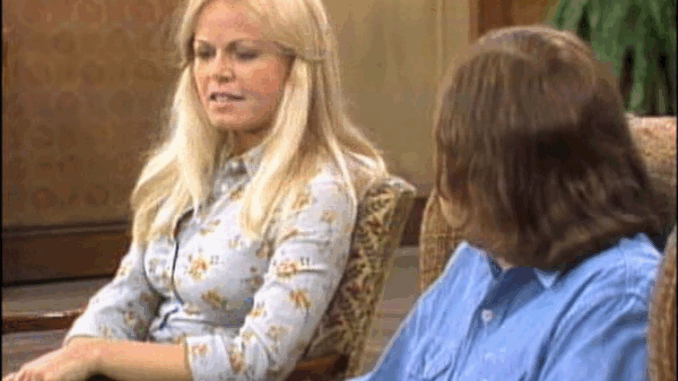
Jean Stapleton didn’t just play Edith Bunker—she revolutionized television with one courageous decision. Discover how her bold move shaped the legacy of All in the Family and inspired generations.
The Quiet Force Behind Edith Bunker
Jean Stapleton’s portrayal of Edith Bunker on All in the Family is one of the most iconic in sitcom history. Her high-pitched voice and gentle demeanor masked a quiet strength that both defined the character and transformed how women were portrayed on television.
But it was one bold decision behind the scenes that truly changed the game—and forever altered the course of television history.
Turning Down the Spin-Off
After nearly a decade of success on All in the Family, producers wanted to keep Edith Bunker in the spotlight through additional seasons and spin-offs. Jean Stapleton, however, made the bold and rare choice to walk away from the role.
She believed she had done everything she could with Edith’s character—and that holding on would risk turning a beautifully layered woman into a caricature.
Redefining Female Characters on TV
Before Edith Bunker, many sitcom wives were one-dimensional, existing only to support their husbands. Stapleton worked closely with writers to ensure Edith had her own emotional depth, personal growth, and quiet wisdom. Her decision to leave the show on her own terms further cemented Edith as a fully realized character—flawed, funny, and deeply human.
A Risk That Paid Off
Leaving a top-rated show was seen as a career gamble. But for Stapleton, it was a move of integrity. Rather than chase fame, she prioritized artistic value and opened the door for other actresses to demand more thoughtful, dynamic roles.
Her courage set a precedent and helped elevate television from mere entertainment to meaningful storytelling.
The Legacy of Jean Stapleton
By stepping away from All in the Family, Jean Stapleton ensured that Edith Bunker would be remembered as more than just a sidekick. She became a symbol of empathy, resilience, and quiet rebellion against the era’s limiting roles for women.
Her exit was not just a goodbye—it was a statement.
Final Thoughts
Jean Stapleton’s bold move proved that sometimes the most powerful moments happen off-screen. By choosing to leave at the height of her success, she forever changed how female characters are viewed, written, and respected in the world of television. Edith Bunker lives on—not just as a character, but as a legacy of strength and grace.